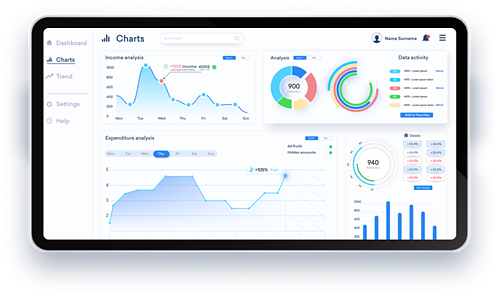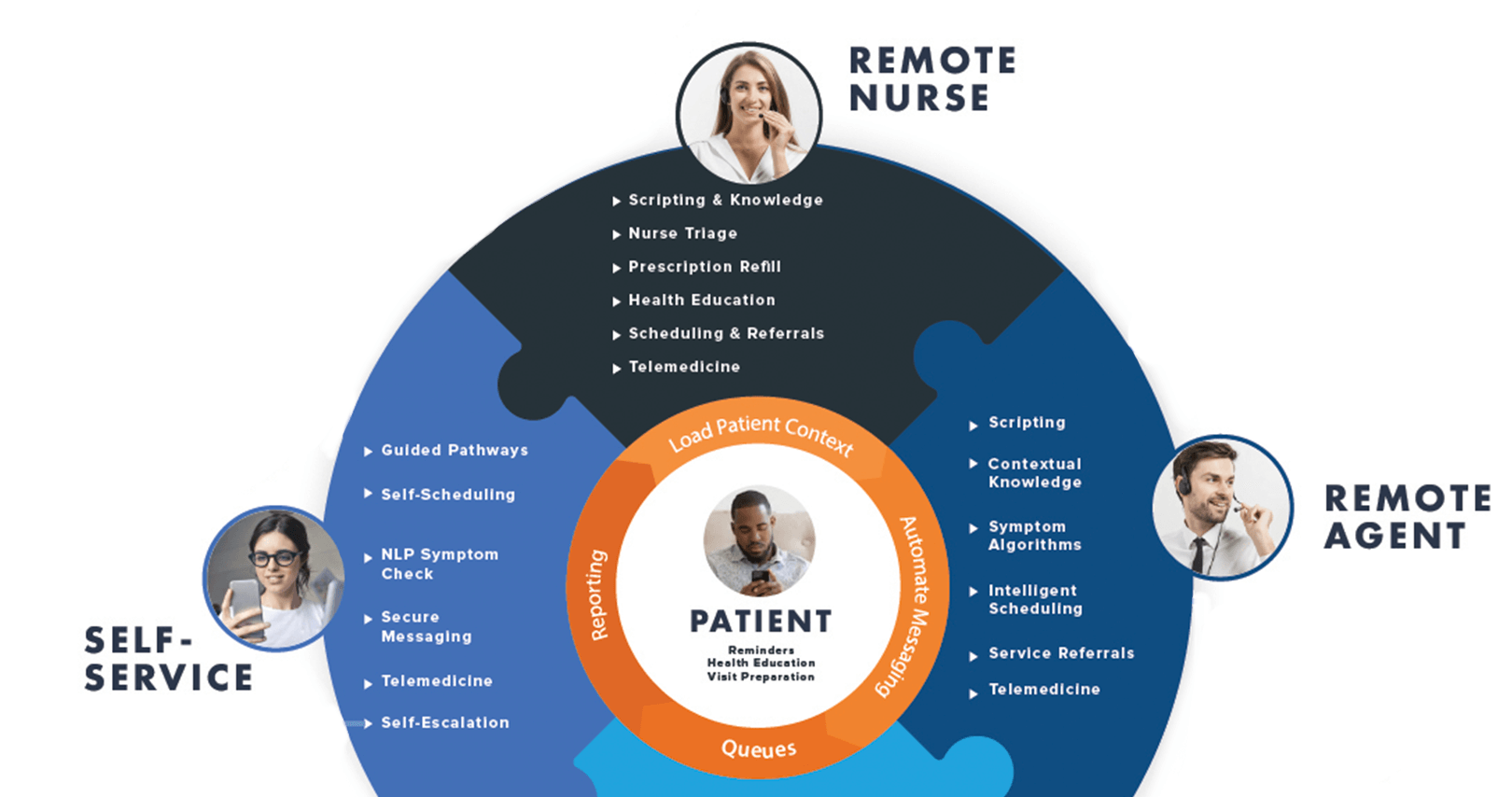What is patient self-scheduling software?
EHR (Electronic Health Record) companies such as Allscripts, Athenahealth, Cerner, Epic, and NextGen utilize patient self-scheduling software to boost online appointment bookings and streamline workflows. Self-scheduling platforms allow patients to digitally schedule, reschedule, and cancel their own medical appointments, without needing to call their provider or interact with anyone.
For a more detailed analysis of self-scheduling software, take a look at our Patient Self-Scheduling Whitepaper.
What are the most important features of self-scheduling software?
To put the self-scheduling offered by EHR companies in context, you need to know what features characterize superior self-scheduling software:
Feature |
Benefit |
| Web (no download) | Patient acquisition |
| Mobile friendly | Patient satisfaction |
| Chat bot | Lower costs |
| No login | Patient ease-of-use |
| (AI) Provider controls schedule | Provider buy-in |
| (AI) Clinical guidance | Simplifies complex workflows |
| (AI) Symptom bot | Patient safety |
| (AI) Automated patient matching | 25%+ online scheduling |
| (AI) Scheduling quality | Eliminates errors |
| Reminders | Less patient leakage |
| Secure messaging | Patient satisfaction |
| Waitlist | Maximizes revenue |
| Reschedule | Patient satisfaction & lower costs |
| Healthcare campaigns | Population health & more revenue |
| Digital marketing campaigns | Patient acquisition |
| Front desk and call center scheduling | Reduced staffing costs |
| EHR/PM integration | Works with your existing tools |
For a more in-depth look at these features, check out our blog: "Best Patient Scheduling Software 2022."
How does EHR scheduling software compare to AI-powered patient self-scheduling platforms?
EHR software (Allscripts, Athenahealth, Cerner, Epic, NextGen) is complicated software that must fulfill the needs of many stakeholders. This means that some features, such as self-scheduling, don’t carry the same depth and robustness as solutions that are laser-focused on that feature.
But providers and call centers can get the best of both worlds by integrating AI-powered self-scheduling platforms, like Keona Health, with their EHR software.
The table below compares EHR operating systems with Keona Health:
| Feature | Keona Health |
Athena | Cerner | Epic | NextGen | All scripts |
| Web | X | X | X | X | X | X |
| Reminders | X | X | X | X | X | X |
| Mobile friendly | X | X | X | |||
| No login | X | X | X | |||
| Healthcare campaigns | X | X | X | X | ||
| Waitlist | X | X | X | |||
| Reschedule (online) |
X | X | ||||
| [AI] Provider controls schedule | X | |||||
| [AI] Clinical guidance | X | |||||
| [AI] Symptom bot | X | |||||
| [AI] Automated patient matching | X | |||||
| [AI] Scheduling quality | X | |||||
| Digital marketing campaigns | X | |||||
| Front desk & call center scheduling | X |
Independent businesses such as Keona Health offer more extensive—and more sophisticated—self-scheduling features than those of EHR companies.
We’ll now analyze which self-scheduling platforms integrate most effectively with Allscripts, Athenahealth, Cerner, Epic, and NextGen.
What is the best patient self-scheduling software for Allscripts?
Allscripts supports extensive integrations, which means you can reap the benefits of AI-powered self-scheduling platforms while also utilizing Allscripts’ excellent features. Allscripts integrates with Keona Health, Kyruus, Radix, Mend, and Luma.
Allscripts’ self-scheduling is fairly rudimentary. Their AI lacks the sophisticated components—automated patient matching, scheduling quality, provider control—needed to afford certain benefits: patient satisfaction, patient retention, and maximized revenue.
What is the best patient self-scheduling system for Athenahealth?
Athenahealth’s API is one of the most developed in the industry. The following scheduling software integrates with Athenahealth: Kyruus, Luma, Mend, Phreesia, Radix, and Keona Health.
Athena’s self-scheduling covers only the absolute basics. It lacks features required for patient acquisition, patient satisfaction, lower costs, and ease-of-use. It can’t guide patients through complex schedules, and it doesn’t address patient safety issues. There are also no marketing or contact center integrations to help grow your business and alleviate staffing overhead.
What is the best patient self-scheduling system for Cerner?
Cerner is one of the newer entrants, but still supports many integrations: Kyruus, Lumeon, Mend, Relatient, and Keona Health.
Cerner’s self-scheduling covers only the basics. It is missing features required for patient acquisition, patient satisfaction, lower costs, and ease-of-use. It can't guide patients through complex schedules, and it doesn’t address patient safety issues. There are also no marketing or contact center integrations to alleviate staffing overhead costs.
What is the best patient self-scheduling system for Epic?
Epic has been investing in its marketplace. The following vendors integrate with Epic: Experian, Kyruus, Lumeon, Phreesia, Relatient, and Keona Health.
Epic offers more self-scheduling capabilities than other EHRs, but lacks features offered by companies that focus on self-scheduling. Epic’s AI can’t guide patients through complex schedules, and it doesn’t improve patient safety. There are no marketing or contact center integrations, which can help grow your business and lower staffing costs.
What is the best patient self-scheduling system for NextGen?
NextGen contains few EHR integrations: Radix, Phreesia, and Keona Health.
NextGen’s self-scheduling has been improving, but remains far behind AI-powered self-scheduling companies. NextGen’s platform can't guide patients through complex schedules, and it doesn’t address patient safety issues. It also lacks marketing and contact center integrations.
How can integrating my EHR software with an AI-driven self-scheduling platform help my practice?
The benefits of integrating your EHR software with an independent self-scheduling platform are immense. For a deeper dive into the importance of self-scheduling for providers and call centers, read our blog: “Why Patient Self-Scheduling Software Is Vital For Medical Providers.”









